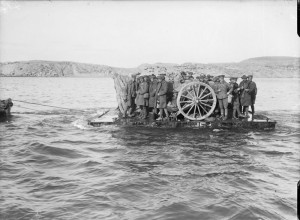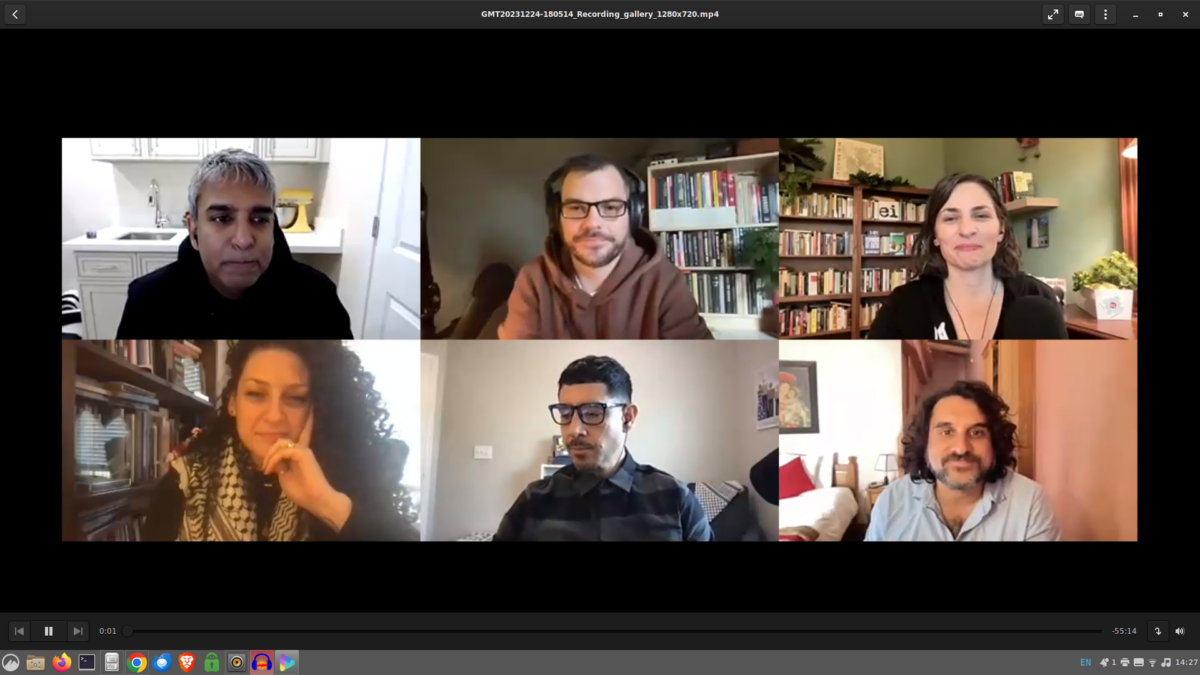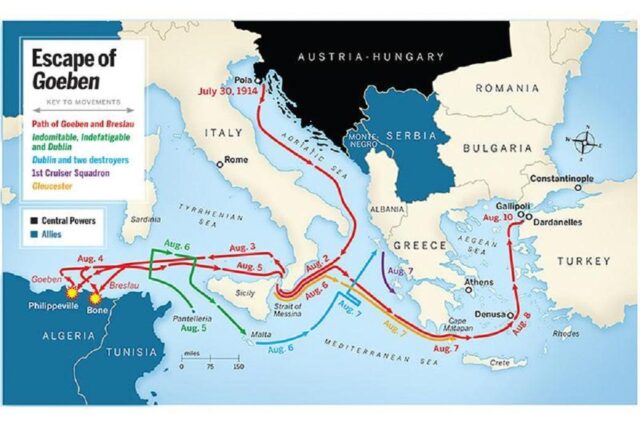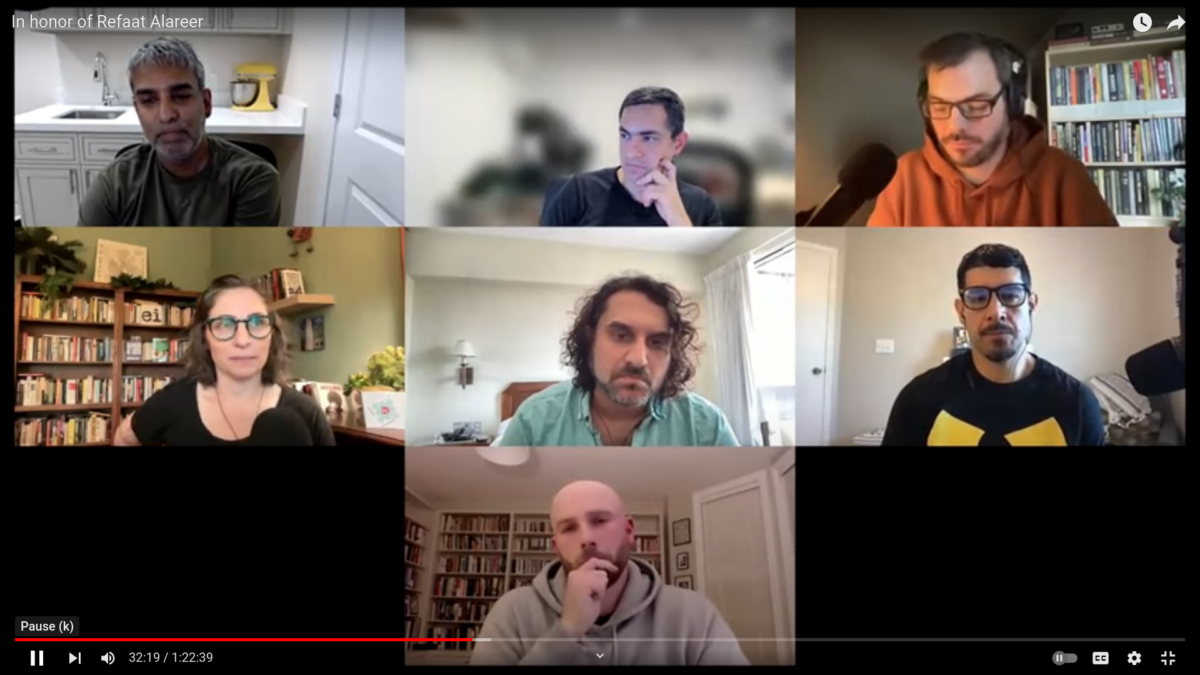Solo episode discussing Nasrallah’s speech about the war on the Israel-Lebanon border and an analysis of the 2006 war based on a US military analyst’s paper titled, “We Were Caught Unprepared”.
Category: Anti-Empire Project Podcast
The Anti-Empire Project podcast (formerly the Ossington Circle)
World War Civ 30: Allied Disasters 1915
Germans use poison gas on the battlefield at Ypres, British lose 60,000 and Germans 40,000. French attack at Artois with casualties of 100,000 and German 75,000. Russians lose 2 million casualties fighting Germany on the Eastern front. British defeated at Loos, lose 50,000 and Germany 20,000. French offensive in Champagne results in 190,000 casualties and the German line unbroken. Britain makes a move against the Turks in Gallipoli / Dardanelles, and another disastrous move at Kut al-Amara in Iraq. A year of immense disasters with lasting consequences.
AER 136: Tankie Group Therapy #8 on Gaza War Day 78
Our usual group gets together to talk about the Gaza War but this time we’re joined by Lara, an actual therapist, who guides us through as we try to understand where things stand on Day 78 of the war.
World War Civ 29: The War Widens 1915
World War 1 goes global in 1915, as Japan takes advantage to seize more territory in Asia; Turkey fatefully aligns with Germany; Italy joins the Entente.
AER 135: Gaza War Day 73
Joined by Nora and Jon from The Brief / Electronic Intifada to talk about the War in Gaza. More information emerges about what happened on October 7; New atrocities committed since Refaat Alareer’s murder, including bulldozing patients at a hospital and snipers killing women at a church. Some strategic speculations using the history of the Vietnam War as a guide.
AER 134: Tankie Therapy 7 – in honor of Refaat Alareer
Our usual group gets together to talk about the Gaza War, this time we all share some words about literature prof, teacher, poet and hero Refaat Alareer, assassinated by Israel a couple of days ago. Some discussion of military tactics and strategies as always.
World War Civ 28: The Eastern Front 1914
Russia invades Germany and loses badly at Tannenberg. Austria-Hungary fights Serbia. The Russian losses in 1914 force a reevaluation of the whole strategy pursued by the Russia-France-England alliance, and before long will cause even bigger changes than that.
AER 133: Tankie Group Therapy #5 Gaza War resumes after pause
Nora, Matteo, Rania, and Alex are gathered to talk about what we’re seeing and trying to make sense of on Israel’s War on Gaza after 8 weeks, a couple of days after the end of the “humanitarian pause”. We open with a discussion of the five premature babies left to die in Al-Nasr hospital when doctors and parents were forced out of the hospital at gunpoint by the Israeli military. We conclude with a discussion of what wars of resistance and guerrilla wars have looked like in history.
World War Civ 27: Western front 1914 from Belgium to the Marne
Germany brings the big guns to Belgium, sacks Louvain and follows the doctrine of terrorizing civilians. The British Expeditionary Force whose commander’s name is French, joins France for some battles. A war of maneuver ends with a non-breakthrough on the Marne and the race to the coast. 1914 ends with no winner, and no one’s home by Christmas after all.
In Real Time with Stan Cox 15: Refugees, Wars, and Rebellious Scientists
Stan Cox is back to talk about climate refugees, rebellious scientists, and of course Gaza. Our monthly chat finds us both a bit discombobulated by the war, but we try to survey the climate situation anyway.









